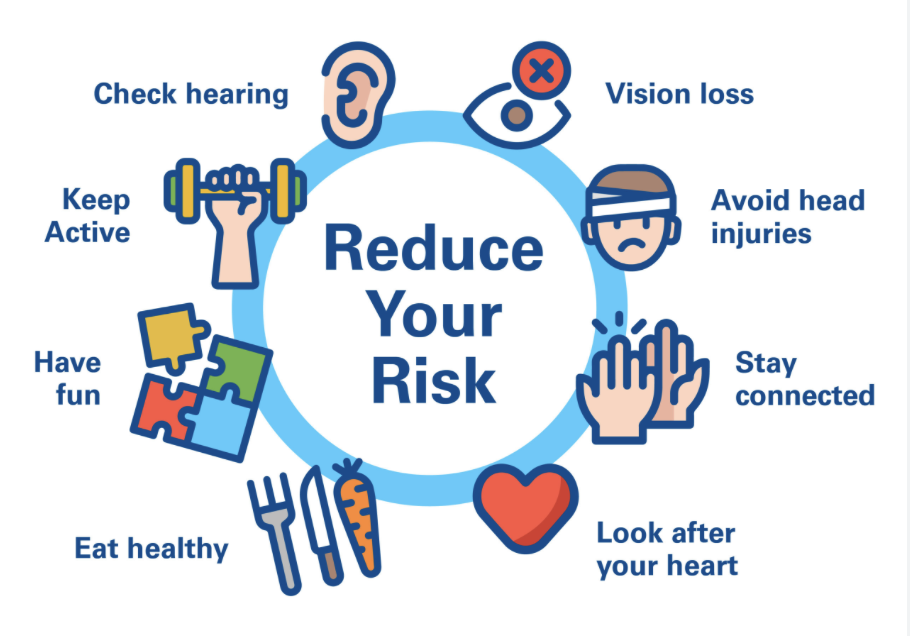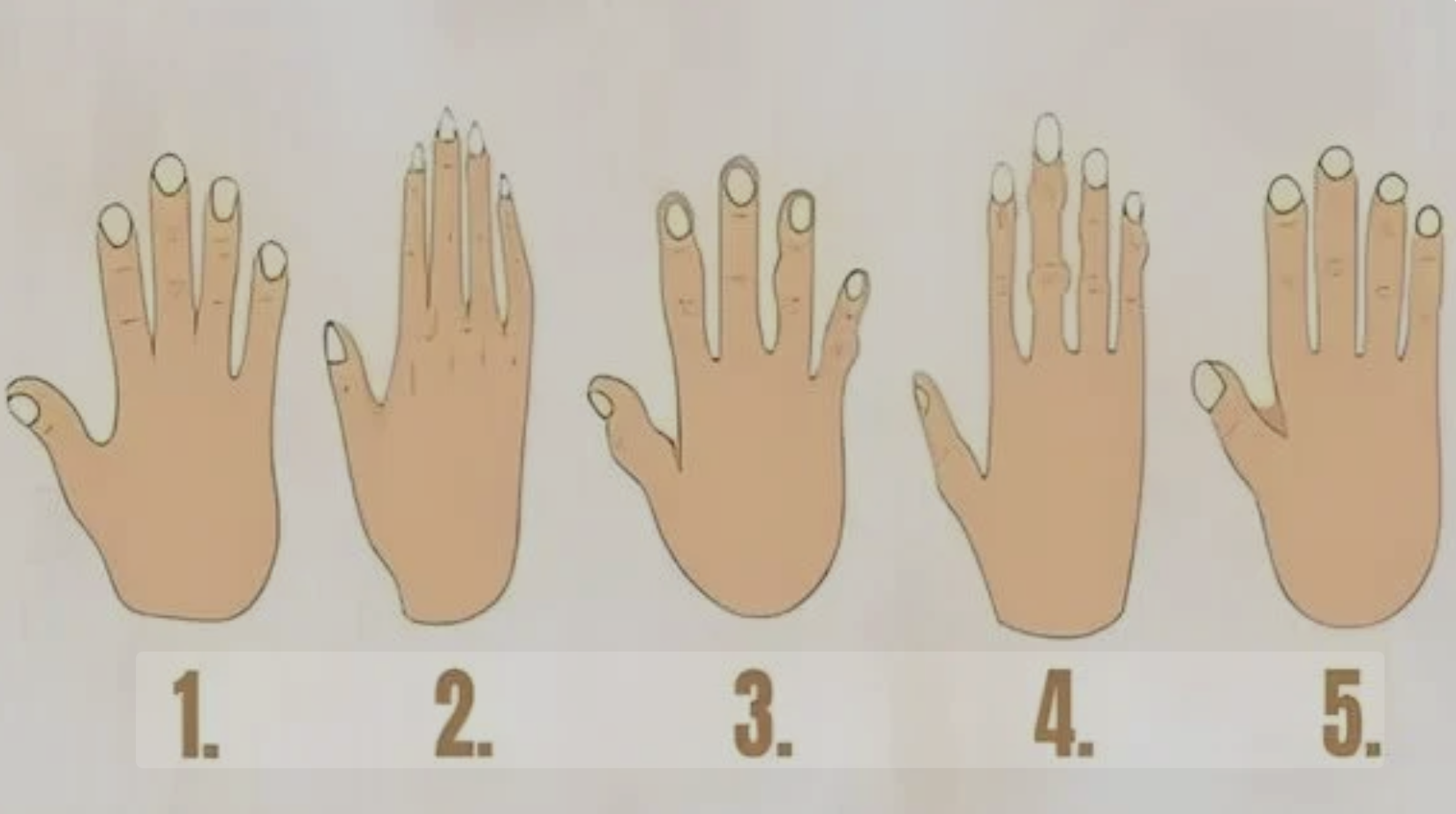Preventing Alzheimer’s Disease: How to Protect Your Brain and Support Loved Ones
What to Do If You Suspect Alzheimer’s in a Loved One
1. Approach with Care
Many people deny or downplay symptoms due to fear. Instead of saying, “You need to see a doctor for dementia,” try:
- *“Let’s check your vitamin B12/thyroid levels—low levels can cause memory fog.”*
- “I’ve been feeling forgetful too; maybe we should both get a check-up.”

2. Start with a General Practitioner (GP)
A neurologist or geriatrician is ideal, but a GP can order initial tests (blood work, cognitive screenings) and refer further.
3. Consider a Psychologist or Therapist
If resistance is strong, suggest therapy for “stress or sleep issues”—this can open doors to deeper evaluation.

Page 3 of 5


